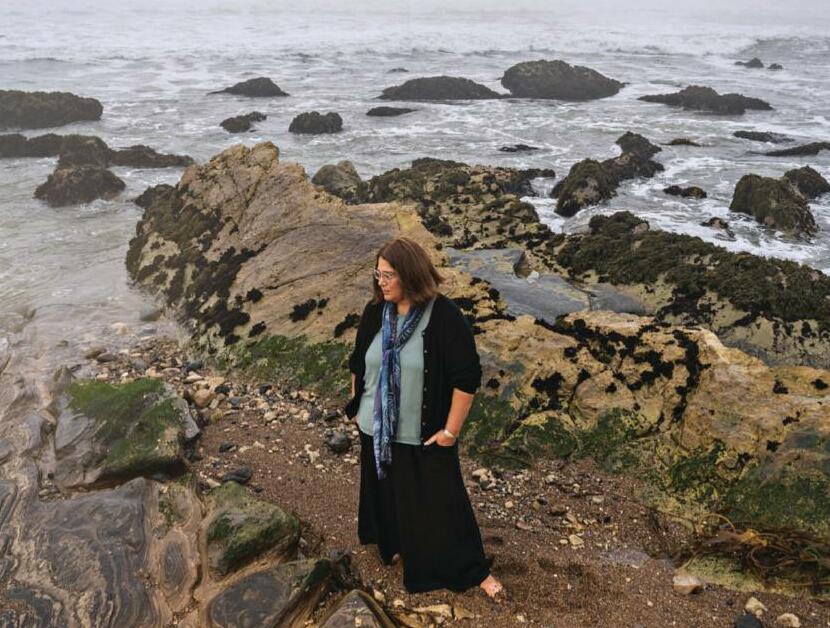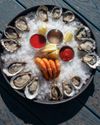يحاول ذهب - حر
Sacred Waters
February 2025
|Travel+Leisure US
A new marine sanctuary protects part of California's Central Coast—and honors the land's original stewards.

DAMP COLD SEEPED into my bones as the sun disappeared over Estero Bluffs State Park, near the town of Cayucos, California. I picked my way across tide pools, keeping an eye out for octopuses hiding between rocks. I was on a foraging tour with the organization Kelpful, learning to collect and prepare seaweed, just as the Chumash and Salinean People who first inhabited these lands did for thousands of years.
هذه القصة من طبعة February 2025 من Travel+Leisure US.
اشترك في Magzter GOLD للوصول إلى آلاف القصص المتميزة المنسقة، وأكثر من 9000 مجلة وصحيفة.
هل أنت مشترك بالفعل؟ تسجيل الدخول
المزيد من القصص من Travel+Leisure US
Travel+Leisure US
Fruit Forward
The northern French region of Calvados, known for its apple brandy, is ripe for the picking.
5 mins
September 2025

Travel+Leisure US
Fresh Catch
How Portland, Maine, went from being a great little food town to one of America's finest places to eat.
6 mins
September 2025
Travel+Leisure US
The Great Danish Bake-Off
Copenhagen's newest food craze? Tiny, flaky, perfect pastries.
1 min
September 2025

Travel+Leisure US
Move Over, Margaritas
Across Mexico, a thirst for novelty is driving a distilling renaissance.
2 mins
September 2025
Travel+Leisure US
Mixing It Up
With the help of one of Macau's foremost chefs, Austin Bush finds that this tiny region of China packs a big punch.
2 mins
September 2025

Travel+Leisure US
Appetite for Life
Traveling with food allergies can be a challenge. But, as Miranda Mullings found, with a little planning, the world is within reach.
2 mins
September 2025

Travel+Leisure US
IN THE COURSE OF TIME
On a cruise down the Snake and Columbia rivers, Becky Cooper follows the path of Lewis and Clark-and along the way discovers some of the Pacific Northwest's finest food and wine.
12 mins
September 2025

Travel+Leisure US
Tableside Tastes, Tuned for TikTok
Chefs are keeping an eye on social media as they devise increasingly over-the-top presentations.
2 mins
September 2025

Travel+Leisure US
A Bite of Bellingham
This coastal Washington city, just two hours north of Seattle, has serious culinary chops.
3 mins
September 2025

Travel+Leisure US
Setting the Table
A star N.Y.C. chef returns to her roots with a contemporary restaurant on Mexico's Riviera Nayarit.
2 mins
September 2025
Listen
Translate
Change font size
